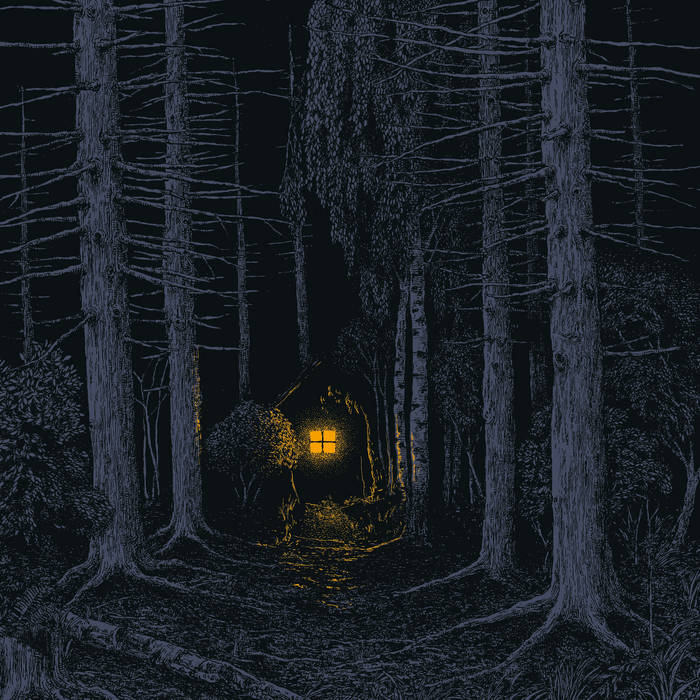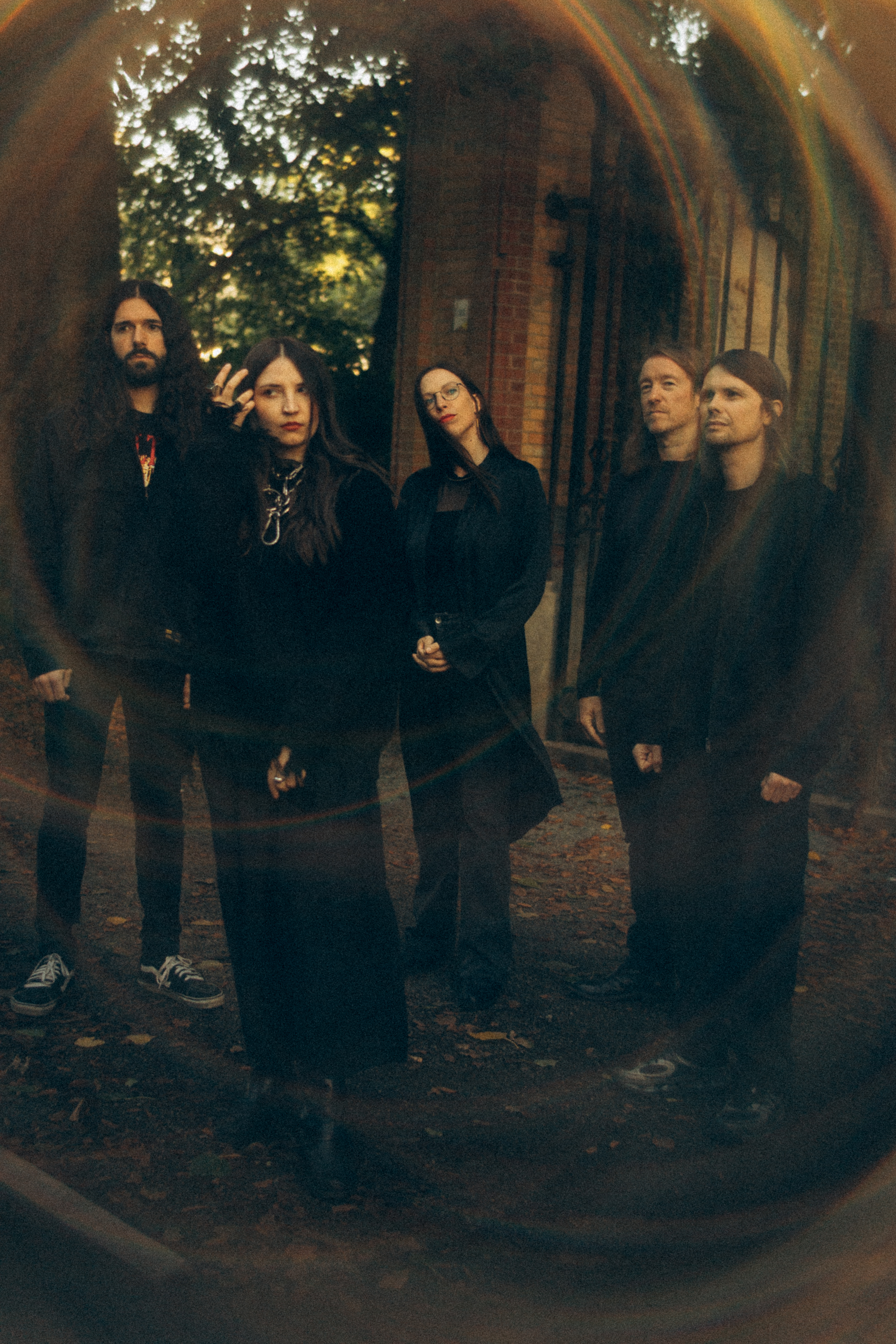The intimacy of a piano can also be misleading, because it can not only lullabye you but it can also haunting and chilling. Enter Maud The Moth and her latest album Orphnē.
Comparisons can be so misleading. But every once in a while one can totally agree with the promo writer. When receiving the promo email for this record it said “For Fans of Chelsea Wolfe, Julia Holter, Anna von Hausswolf, Jarboe, Agnes Obel”. While I can really agree with using these as a cornerstone for the vocals, I think the most obvious one is lost here: Tori Amos.
Amaya López-Carromero, born in Madrid and now residing in Edinburgh, is a classically-trained piano player and it becomes really obvious in the mix of her third record that the keys are the basis for her work. But we are not talking about a piano-only instrumentation. Just like Anna von Hauswolff a lot of layers are added to the soundscape; from a guitar and drums to cello and violin. Nevertheless, it doesn’t add up to a classical European ensemble: It sounds like straight from the Near East, from Iran or Syria, a place where cultures clash and together create so much more. Maud the Moth is an enigma, her voice is gentle and touching and yet at times it sounds dark and dangerous and this space between lurking and luring is the magic behind her work.
It is easy to envision a nomad caravan in the 19th century traveling on camels from Istanbul to Damascus to bring several spices and something else, this piano that the lady of the spice merchant needs in order to enchant the travelers in the evening. The oasis is filled with the melody of minor and major keys accompanied by the violins and cellos and the sweet tea is strong and spicy and the air is still damp from the daytime-heat. And then they hear her voice, not strong and cheerish, but fragile and lamenting. They notice that she is singing about her grief and loss, about living at the crossroads and trying to find oneself. Another comparison that can be made is Declan De Barra and his debut record Song of a Thousand Birds because of the compositional value. The lamentations are like minuscule folk tales and sound like the result of hundreds of years oral history and traditional storytelling. It seems quite unbelievable that this is the work of such a young woman but then again, age is just a number and talent is not measured in summers passed. This is also reflected in the album title, Orphnē, which was a mythical nymph dwelling in the ancient Greek underworld. The other connotation is the connection to ‘orphan’ (both words share the same stem) and the absence of a patriarchal figure; an idea not really far from the very feminine yet strong aspects of the songs. The woman without a father has to grow strong and self-reliant in order to survive in a world where masculinity is still the driving force.
When entering the world of Maud the Moth you should be prepared to leave behind your actual place and time and be ready to embark on a musical journey to the crossroad between modern day avantgarde song writing and near east soundscapes. You won’t have to worry about comparisons; just relax and enjoy this unique and self-sufficient record. Worth every moment.








